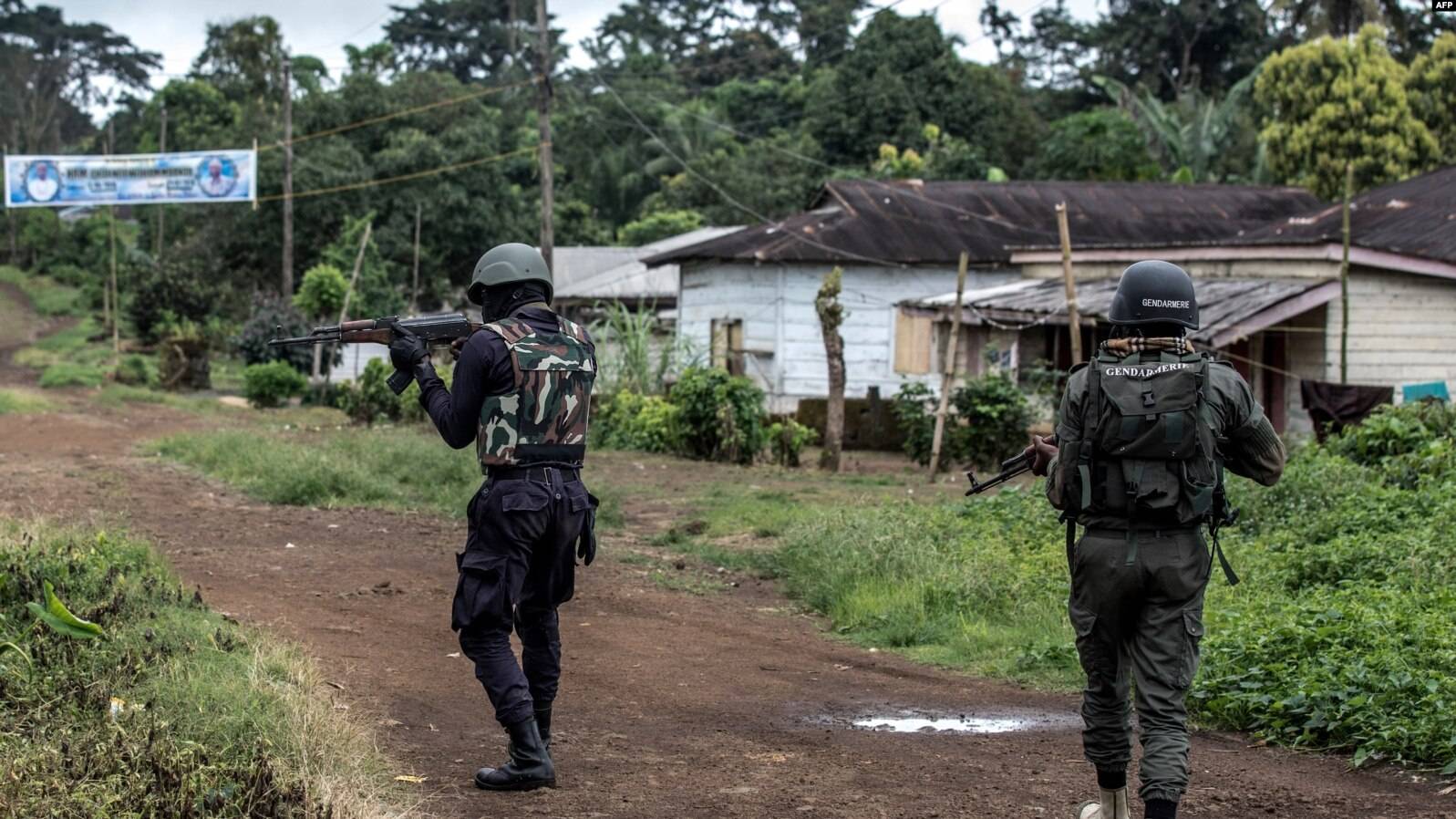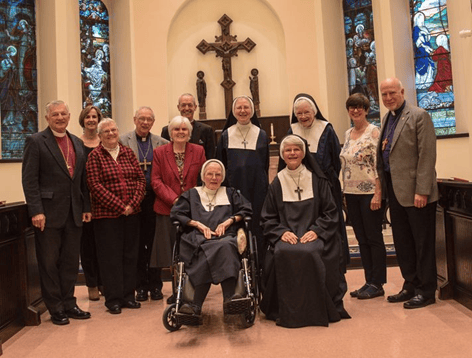NAIROBI, Kenya — Congolese bishops are expressing solidarity with Denis Mukwege, the Nobel Peace Prize-winning gynecologist who has received death threats over his continued call for justice and accountability over war crimes.
The doctor — who shared the 2018 prize with victims of sexual violence in Congo — has been repairing women torn apart by rape in the east of the country.
The women and girls have been appearing at Panzi hospital, which he founded in the eastern Congo city of Bukavu — with their bodies destroyed, their rectum and sex organs mutilated by armed men.
“The (Catholic) church is deeply concerned about his (Mukwege) security because he is an ‘important tool’ and solution for women destroyed in sexual violation. Also, he is Nobel prize winner,” Archbishop Marcel Utembi Tapa of Kisangani told CNS.
The archbishop said it was the will of the Congolese bishops that the doctor is protected and they had urged the government and U.N. to ensure his safety. He also expressed the church’s concern over the sexual violence, saying the church was helping to tackle the crisis.
Utembi’s comments follow those of Bishop Sebastien Muyengo Mulombe of Uvira, who encouraged the doctor to continue to campaign for the protection of lives in the country.
Muyengo reassured the doctor that he was on the right track and, in the risks he was taking, he was acting as a Christian.
“Do not be afraid as long as you are fighting for such a just cause. This Nobel Prize that you have received … honors us all … our pride, our joy around you,” Muyengo said in correspondence to Mukwege in August, according to news reports.
The bishop urged the Congolese people not to remain silent in the face of the war, killings, rapes and violence, but to follow the example of the doctor.
In early September, thousands marched in Bukavu demanding security for the doctor. The U.N. deployed soldiers to guard him as the death threats continued to trigger global condemnation and protests.
U.N. Human rights chief Michelle Bachelet described Mukwege as a true hero — determined, courageous and extremely effective.
“For years, he helped thousands of gravely injured and traumatized women when there was nobody else to take care of them,” said Bachelet.
Mukwege had been under U.N. protection since 2012 when unknown gunmen stormed into his house and killed a domestic staffer. However, the protection and that of the hospital were withdrawn in May following the outbreak of the COVID-19 pandemic.
According to reports, his repeated calls for accountability on human rights violations and abuses have angered some influential figures in countries whose soldiers committed atrocities in Congo. The violations are recorded in a U.N. mapping report for the period from 1996 to 2003. During this period, Rwandan and Ugandan troops were in Congo and have been accused of widespread atrocities.

















